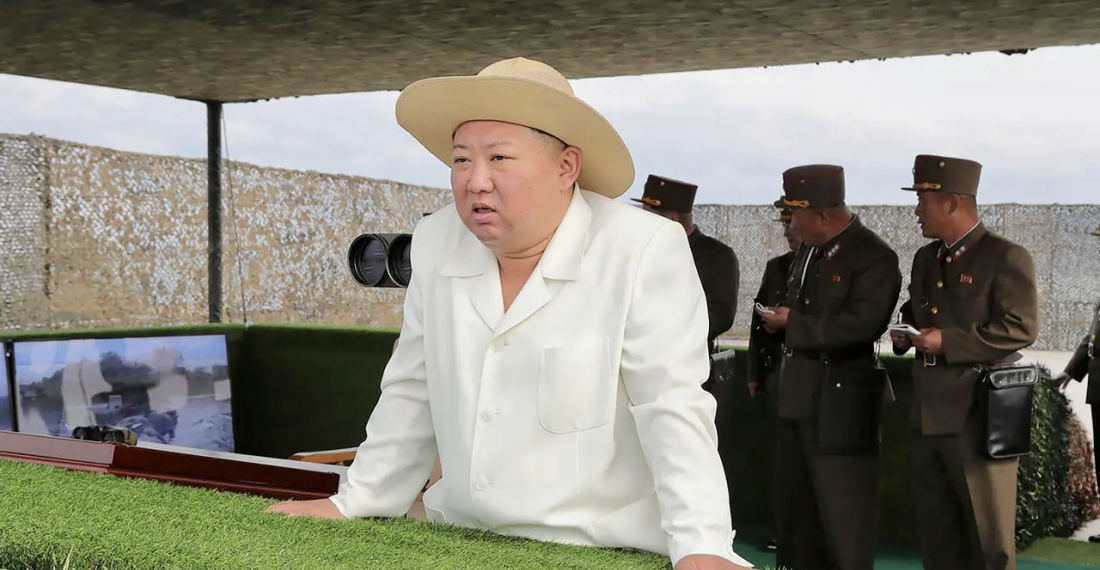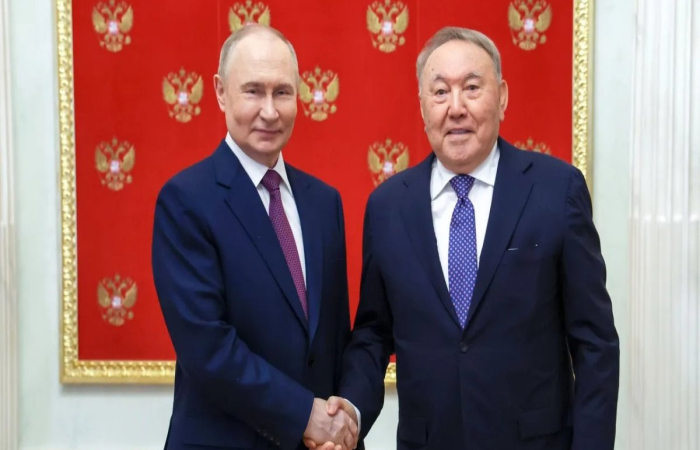North Korea on Saturday (5 November) fired four short-range ballistic missiles, marking its displeasure for the United States and South Korea's joint, large-scale military exercises which also ended on Saturday.
According to South Korean military sources, the missiles landed in the Yellow Sea, west of the Korean Peninsula. South Korea’s Joint Chiefs of Staff said that the missiles travelled a distance of 130 kilometres, before hitting the North’s western waters. North Korea had already launched dozens of missiles this week.
The six-day of military exercises between the US and South Korea saw a heightened tension in the region in recent days. The US deployed strategic B-1B bombers in the exercises on Saturday. Those bombers can fly long distances and are also nuclear-capable.






